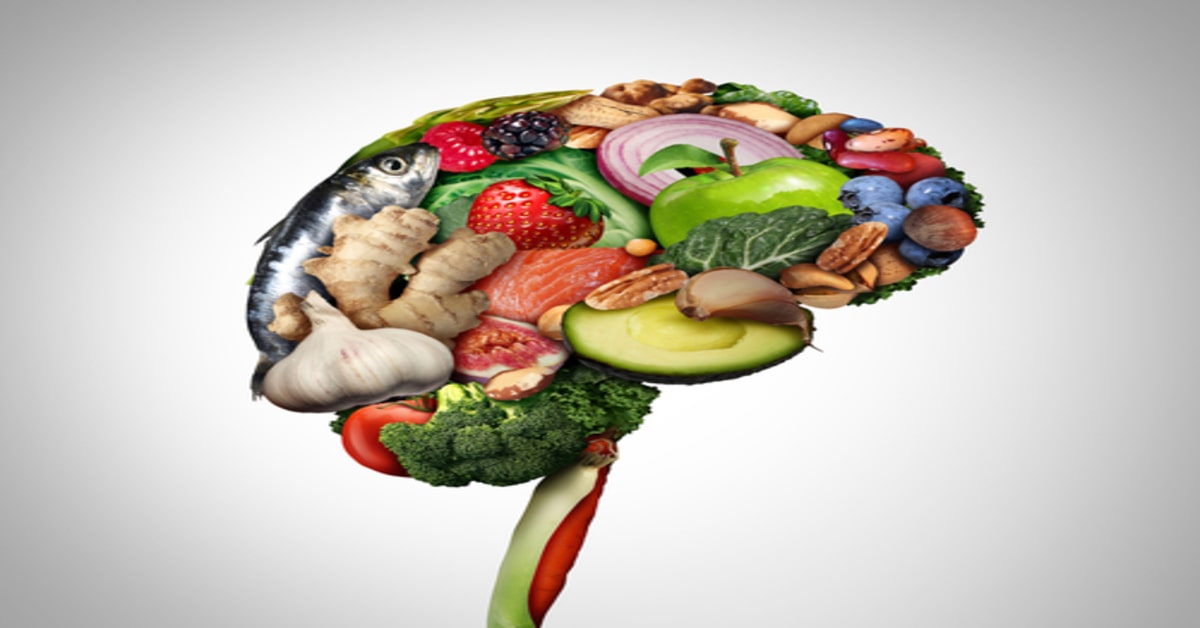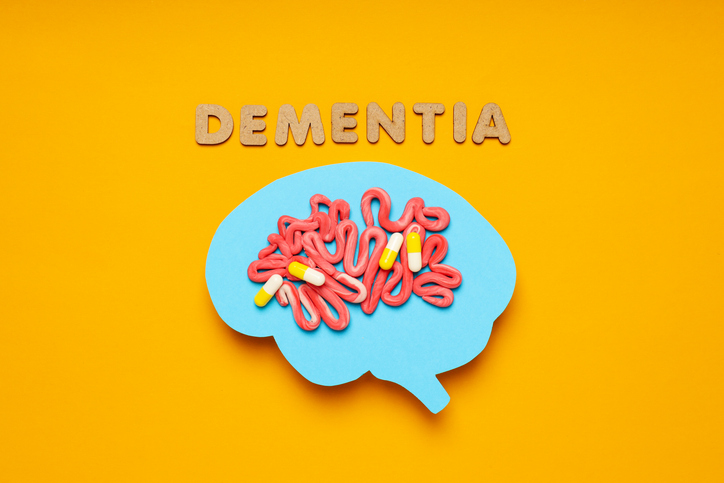
Adhering to the Mediterranean-Dietary Approaches to Stop Hypertension (DASH) Intervention for Neurodegenerative Delay (MIND) diet is linked with a reduced risk of dementia in middle-aged and older adults, according to a new study published in JAMA Psychiatry.
The MIND diet, which incorporates aspects of the Mediterranean and DASH diets, targets the aging brain to attenuate the risk of dementia, which stands as the sixth leading cause of death in the United States. It emphasizes the consumption of plant-based foods, and discourages the intake of both animal and high saturated fats. As detailed by the Harvard T.H. Chan School of Public Health, a few guideline suggestions for the MIND diet include:
- 3+ daily servings of whole grains
- 1+ daily servings of vegetables (not including leafy green veggies)
- 5+ weekly servings of nuts
- 4+ meals a week with beans
- 2+ weekly meals of poultry (eg, chicken, turkey)
To assess the correlation between the MIND diet and the risk of dementia, the researchers examined three prospective studies and one meta-analysis. Overall, they analyzed 8,358 participants from the Whitehall II study, 6,758 participants from the Health and Retirement Study, and 3,020 participants from the Framingham Heart Study Offspring cohort. The meta-analysis consisted of 11 cohort studies comprised of 224 049 participants. MIND diet scoring was performed on a 0 to 15 scale, with a higher score suggesting a greater adherence to the diet. The main endpoint of interest was defined as all-cause dementia. Study data were analyzed from May 25 to September 1, 2022.
MIND Over Matter
Using multivariable-adjusted Cox proportional hazard modeling, the researchers determined that the higher MIND diet scores were linked with a lower risk of dementia (pooled hazard ratio [HR] for every 3-point increment, 0.83; 95% CI, 0.72-0.95; P for trend = .01; I2 = 0%). They noted that the correlations were consistent in subgroups, regardless of sex, age, smoking status, and body mass index. Moreover, the meta-analysis studies demonstrated that participants in the highest tier of MIND scores had a lower risk of dementia compared with the individuals who scored in the lower tier (pooled HR=0.83; 95% CI, 0.76-0.90; I2 = 35%).
“Results suggest that adherence to the MIND diet was associated with lower risk of incident dementia in middle-aged and older adults. Further studies are warranted to develop and refine the specific MIND diet for different populations,” the researchers concluded.







 © 2025 Mashup Media, LLC, a Formedics Property. All Rights Reserved.
© 2025 Mashup Media, LLC, a Formedics Property. All Rights Reserved.